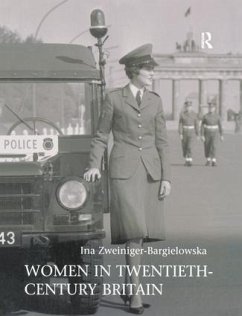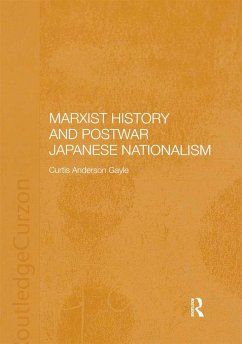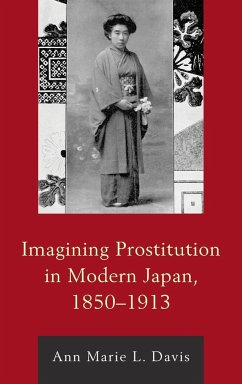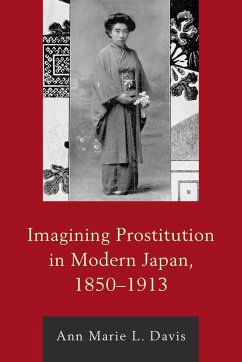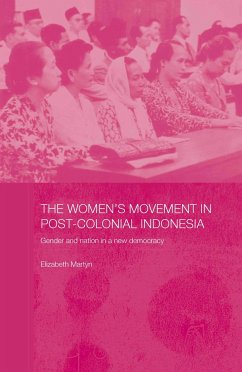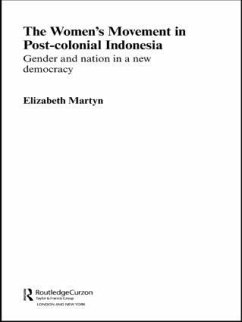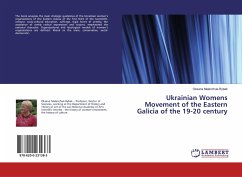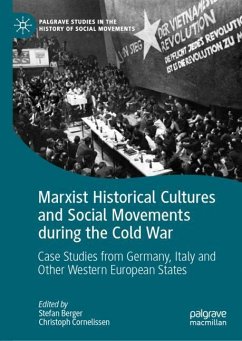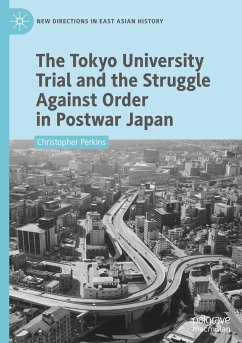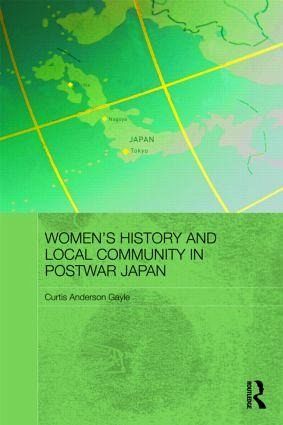
Women's History and Local Community in Postwar Japan
Versandkostenfrei!
Versandfertig in 1-2 Wochen
186,99 €
inkl. MwSt.
Weitere Ausgaben:

PAYBACK Punkte
93 °P sammeln!
This book examines the emergence of women's history-writing groups in Japan in the decade following the end of World War II and the way in which these versions of history-writing went on to subsequently eclipse and outlive those being offered by Marxist historians.





